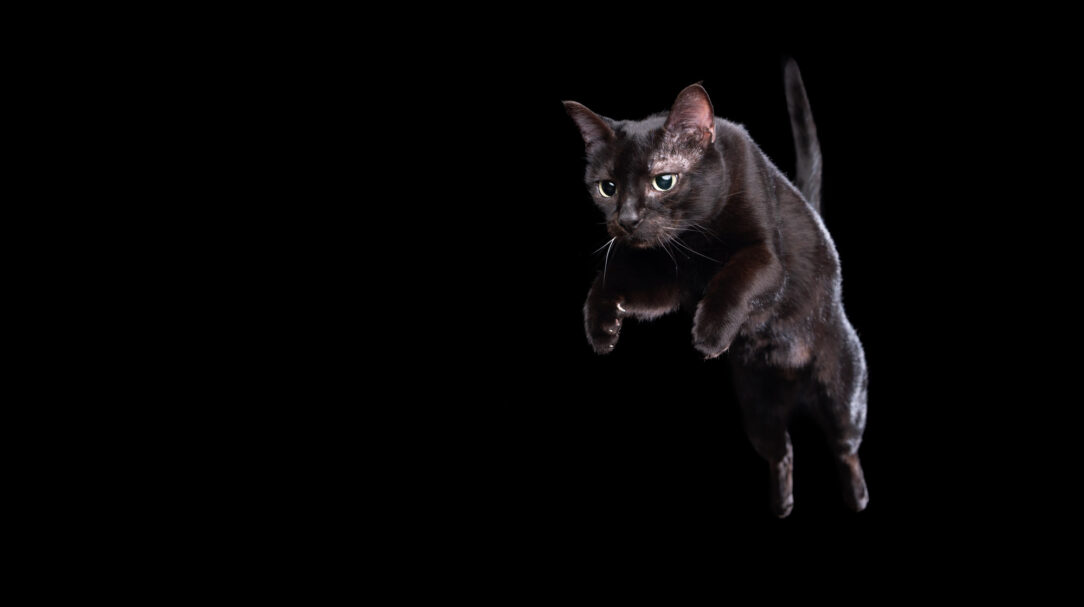Mark Twain was fond of saying, “When a cat jumps on a hot stove, he’ll never jump on a hot stove again. He’ll also never jump on a cold stove.”
Twain was pointing out something we humans do regularly. To save time and effort, we use one or a few “facts” to make a quick judgement.
The tendency to overgeneralize is built into our brains – it helped our ancestors make split-second decisions in order to survive dangerous predators. Today the world is more complicated, broad assumptions may mean missed opportunities and limiting beliefs.
Overgeneralization can be a serious problem that’s more widespread than we imagine. Our minds are so hungry for the impression of knowledge and certainty that we often form broad, sweeping conclusions based on little real evidence.
An example is someone who has never met any rich people but saw a couple on TV a few times who appeared to be arrogant and unpleasant. They now assume all rich people are arrogant and unpleasant.
Limiting beliefs is a form of overgeneralizing. These are beliefs that tell us something can’t be done, when in reality, we have not even made the attempt. Our minds create artificial barriers that don’t exist; we spend our lives acting as if they’re real. We miss opportunities and sell ourselves short because we have not ventured beyond those self-imposed barriers.
But there’s a cure. Stop, look closer: is that person weaving across the street drunk or having a heart attack? Catch yourself when you assume you have correctly assessed a situation, then look for possible alternatives.
Who knows what new ideas may come your way? You’ll be more confident knowing that by controlling your overgeneralization tendencies, you are more open to new possibilities.
The road is easier together,

Linda Laitala, President
Raven Performance Group

